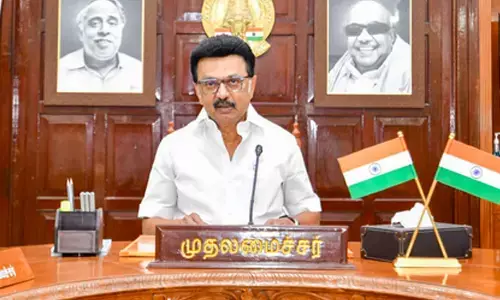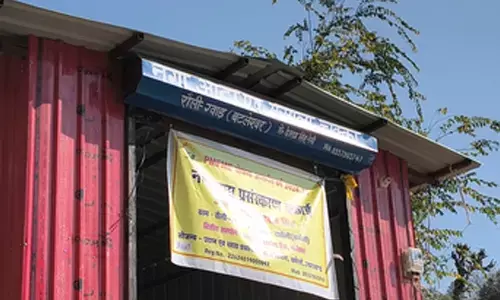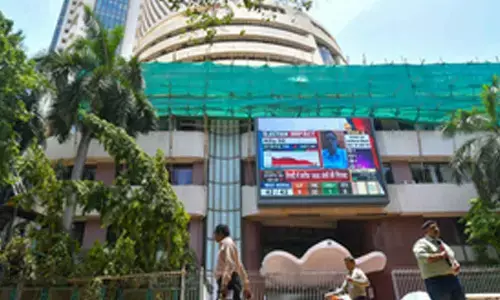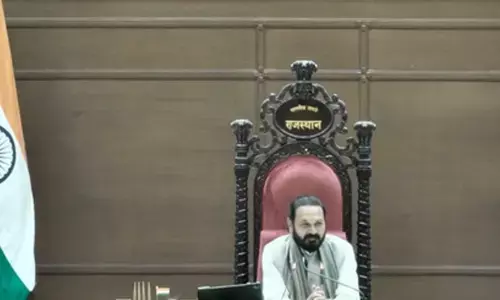Demystifying budget
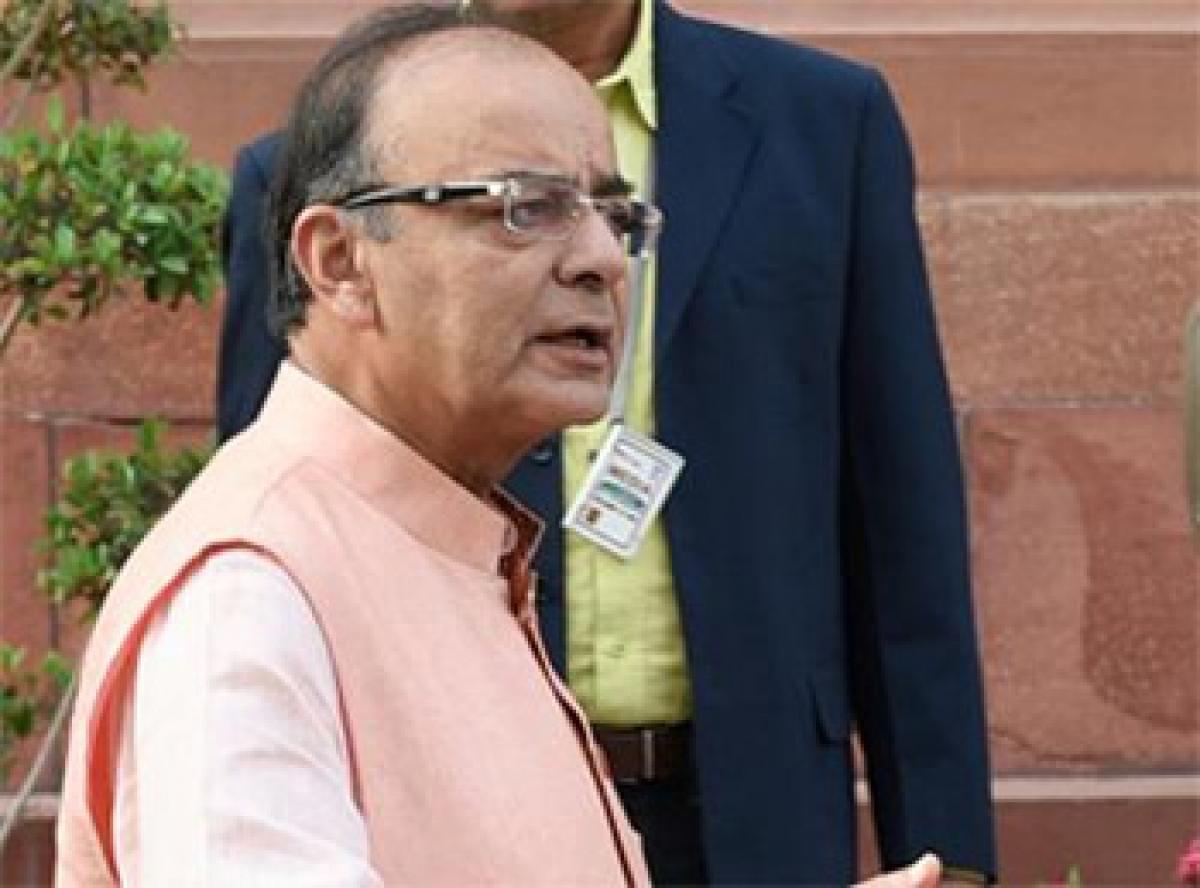
Economic Survey is the diagnosis and the budget is the prescription. It’s common sense that the prescription should match the diagnosis. But it seems to be missing in the case of India’s fiscal doctor. The global economic environment is unusually volatile. The Survey calls for reorienting public spending towards needed public infrastructure. This is essential to spur domestic demand as foreign dem
Economic Survey is the diagnosis and the budget is the prescription. It’s common sense that the prescription should match the diagnosis. But it seems to be missing in the case of India’s fiscal doctor. The global economic environment is unusually volatile. The Survey calls for reorienting public spending towards needed public infrastructure. This is essential to spur domestic demand as foreign demand would be contracting.
As the Survey itself points out, if the world economy lurches into crisis or slides into further weakness, India’s growth will be seriously affected, for the correlation between global and Indian growth has been growing dramatically. But, self-imposed fiscal conservatism drives Jaitley towards incrementalism in public finances. The brilliant lawyer in Jaitley effectively projected increased allocation. But such abundance in minutiae makes him conceal slashed outlays.
The budget increases allocation in sectors like agriculture. But, it’s woefully inadequate – just Rs 36,000 crore in a total expenditure of nearly Rs 20 lakh crore. Similarly, irrigation gets a meagre Rs 17,000 crore, which will not be sufficient to complete even one project of reasonable size. Finance Minister aspires to skill one crore youth in the next three years in a bid to optimally reap the demographic dividend. But, the allocations are just Rs 1,700 crore.
On the other hand, certain key sectors saw reduced outlays. The expenditure on sub-plans for Scheduled Castes and Scheduled Tribes would see a shortfall to the tune of over Rs 76,000 crore. Contrary to the apex court’s direction to universalise the Integrated Child Development Services (ICDS) that require an additional spending of about Rs 10,000 crore, the Finance Minster has slashed the allocation to it by Rs 1,500 crore. Even the capital expenditure of the central government as a whole comes down from 1.8 per cent to 1.6 per cent of GDP.
The regressive path of taxing the mass consumption while incentivising the incomes of the affluent continues. In the Budget 2016-17 too, direct tax proposals will lead to a revenue loss of Rs 1,060 crore, but indirect tax proposals are to yield Rs 20,670 crore. This is robbing Peter to pay Paul. However, certain tax proposals like increase in the surcharge on income tax for incomes exceeding Rs 1 crore per annum, higher tax on luxury cars etc needs appreciation.
Barring the proposal wherein for income below Rs 5 lakh per annum, tax ceiling has been raised from Rs 2,000 to Rs 5,000, the middle class, especially the salaried class, receives no relief. Perhaps, they have to wait till the election year. Meanwhile, the extension of amnesty to the concealed income would disincentivise honest tax payers. Further, pension and provident fund withdrawals are to be taxed.
The budget, however, makes a feeble effort to tax the conspicuous consumption, too. Excise duties on gold and diamond jewellery and branded apparel are hiked. Excise duty on jet fuel is doubled. Arun Jaitley is constrained by the need for fiscal prudence and the political compulsions to package the budget to look rural in view of key Assembly elections. Thus, the political economy imposes incrementalism on budget-making. Still, Jaitley managed to receive accolades as pro-poor. Thus, the fiscal manoeuvering turned into a consummate marketing.



